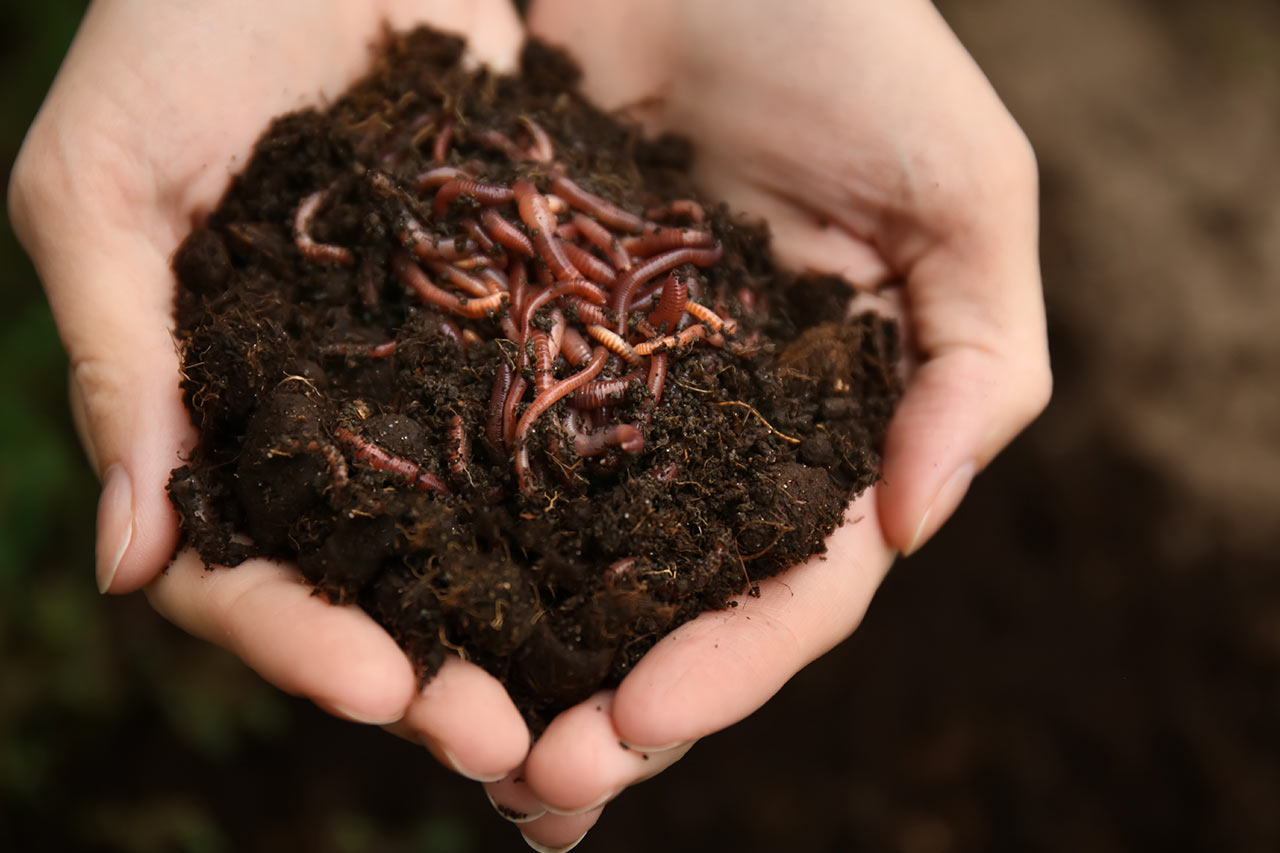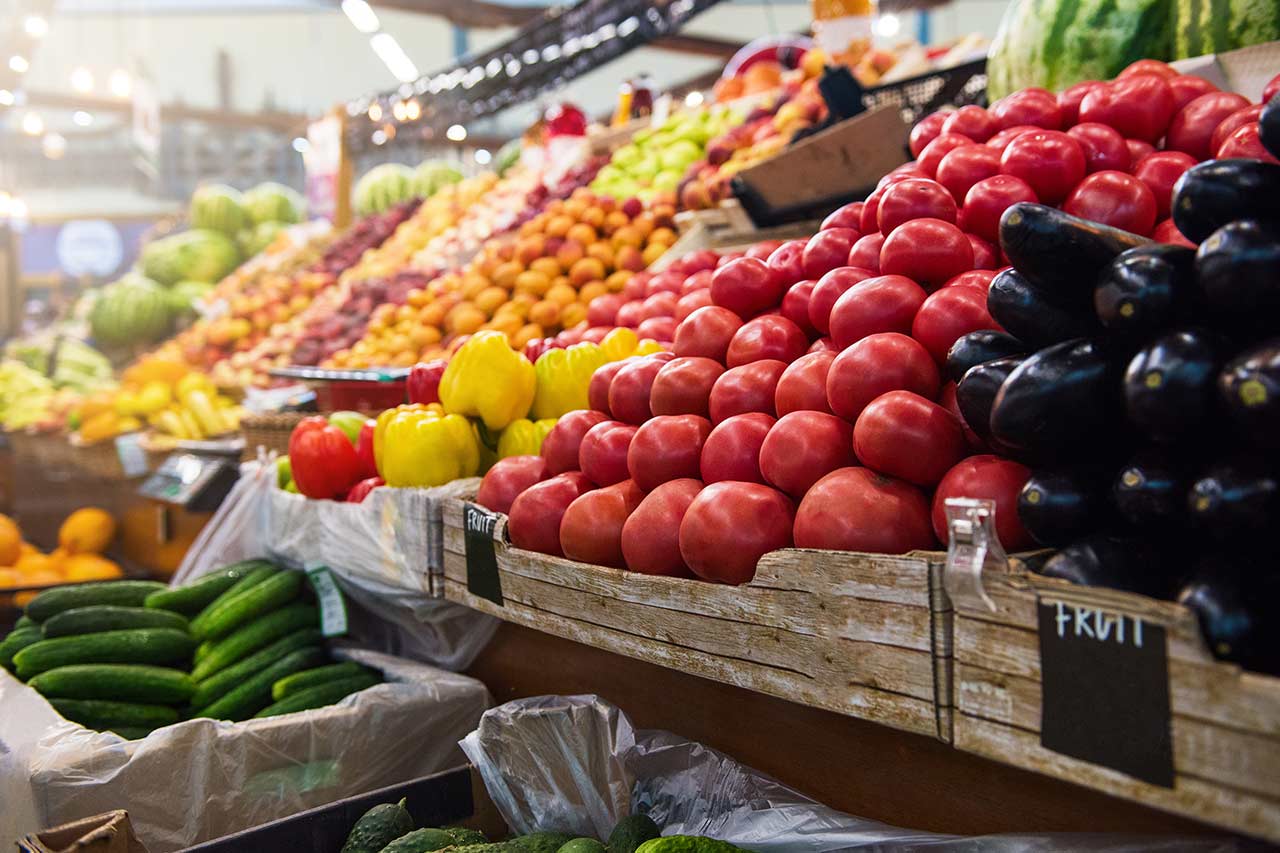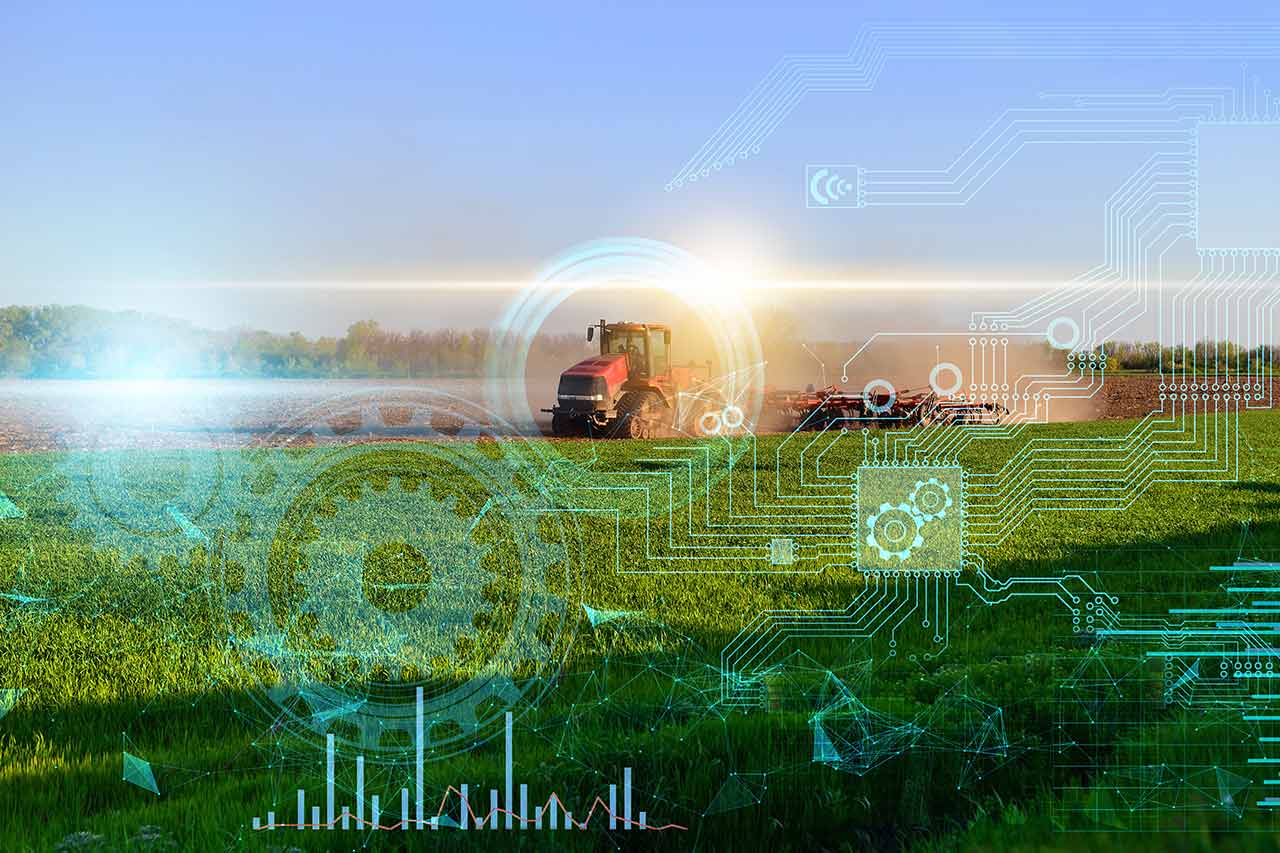Insect breeding, a sustainable solution to feed the planet
In a context of strong demographic growth, the insect industry could meet the growing global demand for protein, which is expected to increase by nearly 30% between 2020 and 2030 (Source: INRA). Insects have very good nutritional qualities, notably due to their high protein, essential fatty acid and mineral concentration. Thus, insect-based food products such as insect meal and insect oil serve as sustainable and natural alternatives to the products normally used in animal and human nutrition.
Animal feed is now the largest market in the insect industry
- Insect meal, containing 60-80% protein, can be used in aquaculture as a substitute for fishmeal, and for feeding domestic animals.
- Insect oil, 100% natural and rich in essential fatty acids, can be used as a feed additive.
Human food, a promising market in the insect industry
Human food is also a market, through processed products made from insects: dried insects, biscuits, protein bars, chocolates, steaks, pasta… For example, Micronutris is the leading edible insect farm in France and already sells 6 different product ranges. Nevertheless, today, manufacturers still have to face cultural and regulatory obstacles, which slow down insect consumption in Europe.
Insects are also beginning to find their place in other areas, such as cosmetics, with beauty products made from insect oil.
Want to know more about the development of alternative proteins in the food industry?
Visit our Plant & Alternative Proteins page >
Insects, zero waste actors!
The insect industry could represent an exemplary solution both to recycle waste from other industries, but also to recover its own co-products.
Decomposing organisms, including insects, are essential to our ecosystem. As the last link in the food chain, they transform dead matter into energy and mineral elements, which are essential to plants. Thus, the insect industry puts them back to the heart of our agri-food system.
Insect breeding to recover waste from food wastage
Insects are a solution for recovering waste from food wastage, an important issue when we know that 1/3 of the food produced in the world will never be consumed. Insects can consume unsold supermarket produce, food leftovers or even production scraps from the food industry. The black soldier fly larvae of the start-up Entofood consume industrial and catering industry food waste.
Insect breeding to recycle non-recovered agricultural bio-waste
The insects also help to recycle non-recovered agricultural bio-waste. This is the case of the agricultural cooperative NatUp and the company Nextalim, which have signed a partnership to set up an industrial insect larvae farm by 2020, in order to recycle organic waste. A sustainable solution for by-products recovery is thus offered to farmers.
Insect breeding and its co-products for organic farming
The insect proteins manufacture co-products can also be recycled. Insect droppings are an organic fertilizer with a high agronomic value that can be used in organic farming. Also, chitin, a material constituting the insects exoskeleton, can have wide applications, from water purification to pharmaceuticals.
However, in order to complete the process, the insect industry must consider several constraints, in particular the livestock farming proximity to supply sources and possible outlets. By recycling organic waste into protein, quality oil and high value-added organic fertilizer from local industries, the insect industry can be a sustainable circular economy model that benefits all stakeholders. And you, do you think that insects will regain the place they deserve in our agri-food system? Our team is here to support you in your new market development and valorization projects!
About the author
Marine, Consultant in Alcimed’s Life Sciences team in France



